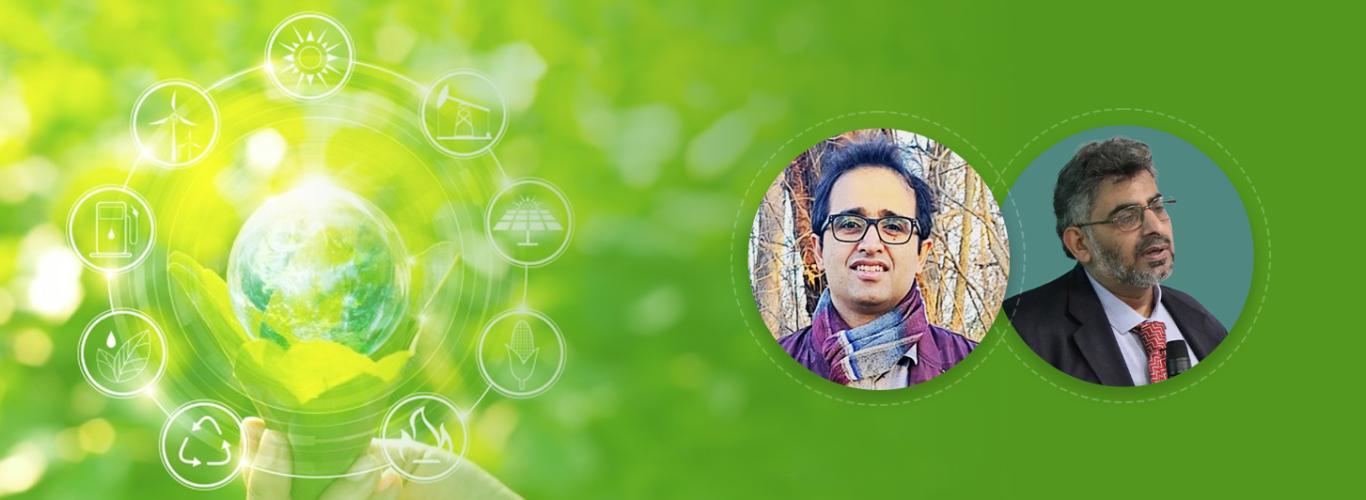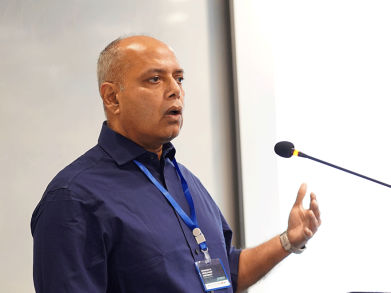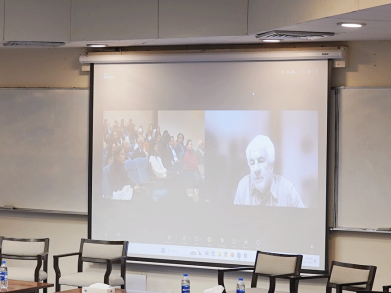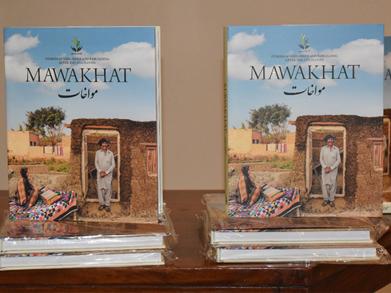LUMS Faculty Win European Union Grant for Green Energy Solutions
Two Electrical Engineering faculty, Dr. Hassan Abbas Khan and Professor Nauman Ahmad Zaffar at the Syed Babar Ali School of Science and Engineering, LUMS, have won the European Horizon grant, funded by the European Union, to develop technology for rural energy provisioning.
This prestigious funding is aimed for a ground-breaking project titled, Low-cost, circular, plug-and-play, off-grid energy for remote locations including Hydrogen (LoCEL-H2) a response to a call for sustainable, secure and competitive energy supply. The project has been awarded to a consortium of ten international entities (universities and industry partners) with a total consortium funding of about 8.7 million euros for 4 years. LUMS is taking the lead in the development of a key technology and the University’s share is 1.384 million euros, including 25 per cent overhead.
Talking about the impact, Dr. Khan explains, “The funding will lead to prototype testing of a 100 per cent green energy solution in two off-grid communities in Africa by 2026. This project is proposed to impact communities, households, partner organisations and the scientific community at large. The community members will have an improved quality of life, access to information and better economic and educational opportunities, clean drinking water, enhanced public health infrastructure, and healthier cooking practices, leading to better well-being for women and children.”
The partner organisations, including LUMS will be able to advance their research and knowledge basis, through collaborative efforts for novel technology development. All ten organisations will partake in communication and dissemination activities, showcasing their research activities over multiple platforms, ranging from renowned scientific journals to social media websites and newspapers.
While the academic partners will train their young researchers and students and ensure a satisfactory number of publications each year, the scientific community at large will greatly benefit from developing a commercially ready microgrid with high reliability, connectivity, scalability and modularity, a new commercial battery product adapted to work in hot climate locations and alternative hydrogen production technology based on recyclable and non-critical resources.
The consortium of members include: Loughborough University, UK, Università degli Studi di Napoli Federico II, Italy, LUMS, Pakistan, University of Gabes, Tunisia, International Lead Association, Consortium for Battery Innovation, UK, CEA-Liten, France, Sunkofa Energy, Spain, SAS Réseaux Hydrogène Décarboné RHYDE, France, HOPPECKE Batterien GmbH & Co KG, Germany, and Hollingsworth & Vose Co Ltd (H&V) [Associate Partner], UK.






















